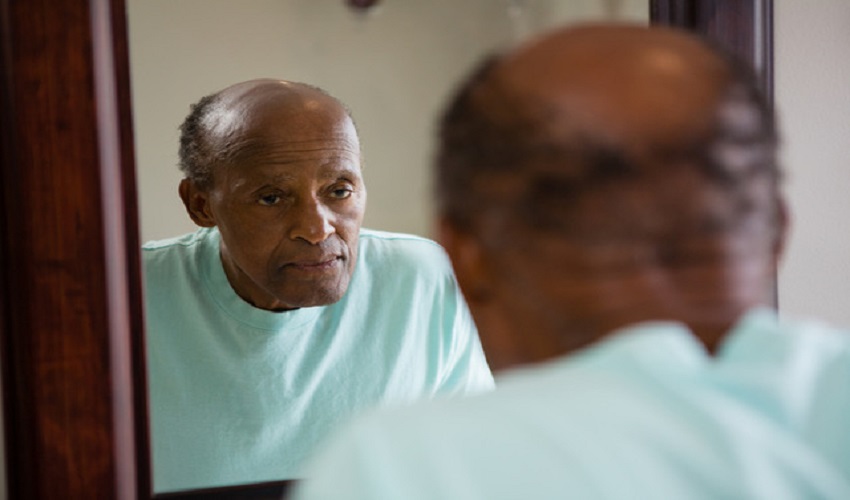CHICAGO, IL – The use of antipsychotic drugs as a way to control residents have plagued the nursing home industry for decades. In 2021, a New York Times investigation revealed nearly 21% of nursing home residents – almost 225,000 people – are on antipsychotic drugs showing these powerful drugs are being overused in nursing homes.
The Biden administration announced in January they would ramp up oversight of nursing home patients with a schizophrenia diagnosis to help reduce the inappropriate use of antipsychotic medications in facilities.
In January, CMS targeted off-site audits to properly assess and code residents diagnosed as schizophrenic. The agency mentioned “erroneous diagnoses increase the risk of poor care and of inappropriate use of antipsychotic medications” (Bloomberg Law). Bloomberg also found nearly 80% of Medicare long-stay nursing home residents were receiving some type of psychotropic drug including antipsychotics, anticonvulsants and mood stabilizers amongst others.
David Blakeney, 63, was at being seen by a home doctor that wanted him on an antipsychotic medication called Haldol, a powerful sedative. But, there was no evidence Mr. Blakeney had schizophrenia.
Antipsychotics have been known and faced criticism for decades as “chemical straightjackets,” otherwise known as chemical restraints. Chemical restraints are dangerous for elder adults with dementia, nearly doubling their change of death from heart problems, infection, falls and other ailments. Understaffed nursing homes often use sedatives to control residents so facility’s can get by without hiring more help, leaving nurses overworked and exhausted to care for residents.
What are the risks treating patients with antipsychotics?
The risk is so high that nursing homes are required to report to the government how many residents are on potent medications. However, there’s one key caveat: the government does not publicly divulge the use of antipsychotics given to residents with schizophrenia or two other conditions.
The use of antipsychotic medications in nursing home resident is an increasingly prominent issue and is associated with “increased risk of hospitalization, cardiovascular events, hip fractures, and mortality, among other adverse health events” (BMC Geriatrics).
What are the most commonly misused antipsychotics in nursing homes?
According to the National Consumer Voice, a study published in 2016 reported the most commonly used antipsychotics medications in nursing homes is Risperdal, followed by Seroquel and Zyprexa.
These drugs are so overused in nursing homes that on the Mayo Clinic’s website, it states Risperdal, Seroquel and Zyprexa “should not be use to treat behavioral problems in older adults who have dementia or Alzheimer’s disease.”
How many residents actually have schizophrenia?
Schizophrenia effects approximately 24 million people worldwide (WHO). A November report from the HHS Office of the Inspector General revealed the number of residents reported having schizophrenia without a corresponding diagnosis skyrocketed between 2015 to 2019, with 99 nursing homes in the country reporting 20% or more of their residents having schizophrenia.
CMS began targeted audits earlier this year to ask nursing homes for documentation of the diagnosis to focus on nursing homes with existing residents who have recorded as having schizophrenia. The rating scores for nursing homes that have a pattern of inaccurately coding residents as having schizophrenia will be negatively impacted.
“People don’t just wake up with schizophrenia when they are elderly,” said Dr. Michael Wasserman, a geriatrician and former nursing home executive who has become a critic of the industry. “It’s used to skirt the rules” (New York Times).
Take action! Contact a Chicago elder abuse lawyer for a free consultation!
As aggressive Chicago nursing home abuse and neglect lawyers, the Dinizulu Law Group tirelessly pursues justice for you and/or your loved one. If your loved one fell victim of abuse or a nursing home has caused the death of a loved one, our team will fight relentlessly for you.
If you suspect nursing home abuse or neglect, please call (312) 384-1920 or fill out an online form now to request a free consultation. The Dinizulu Law Group, a Chicago nursing home abuse law firm, will work tenaciously to bring the wrongdoers to justice and obtain the maximum case value and compensation you deserve. Contact us today!



